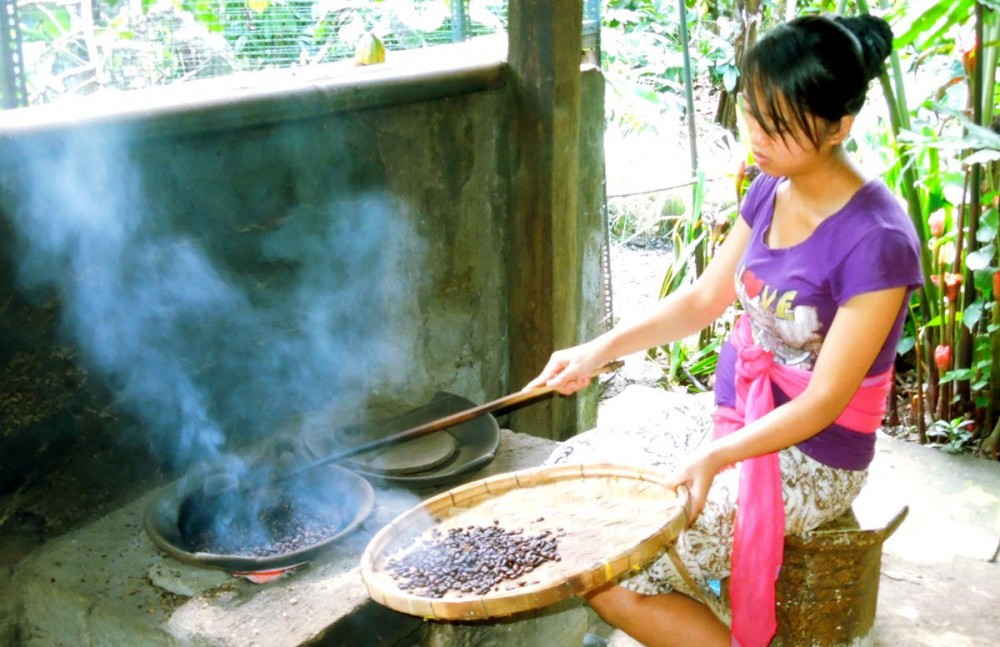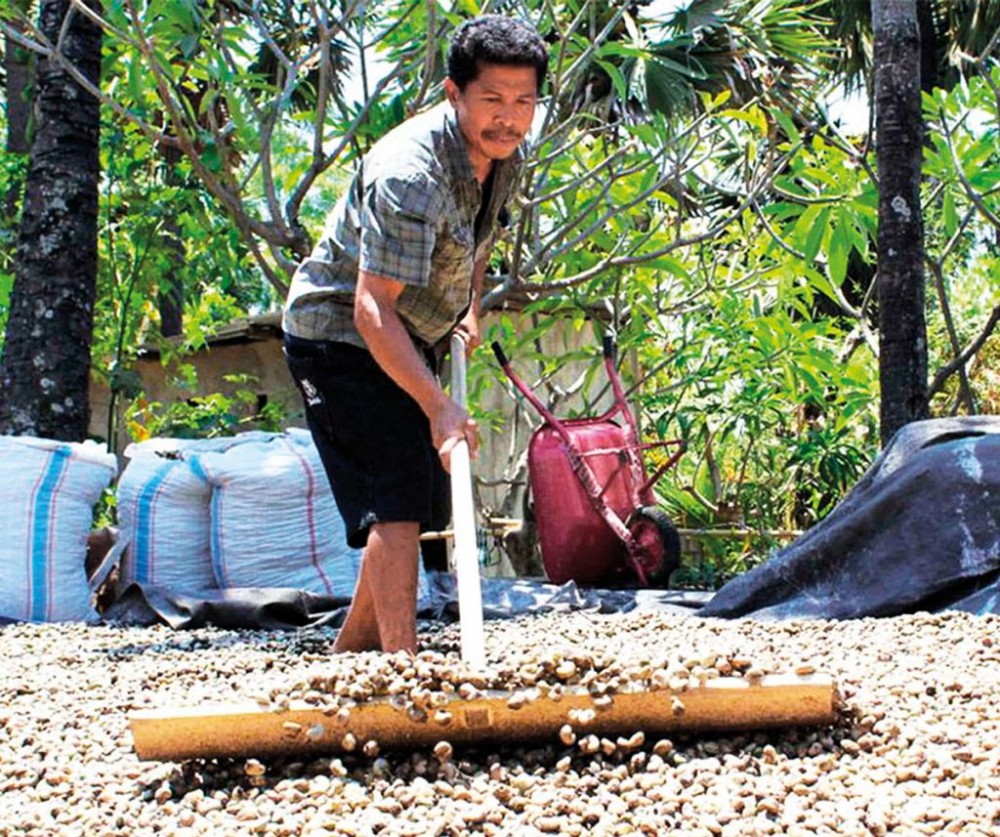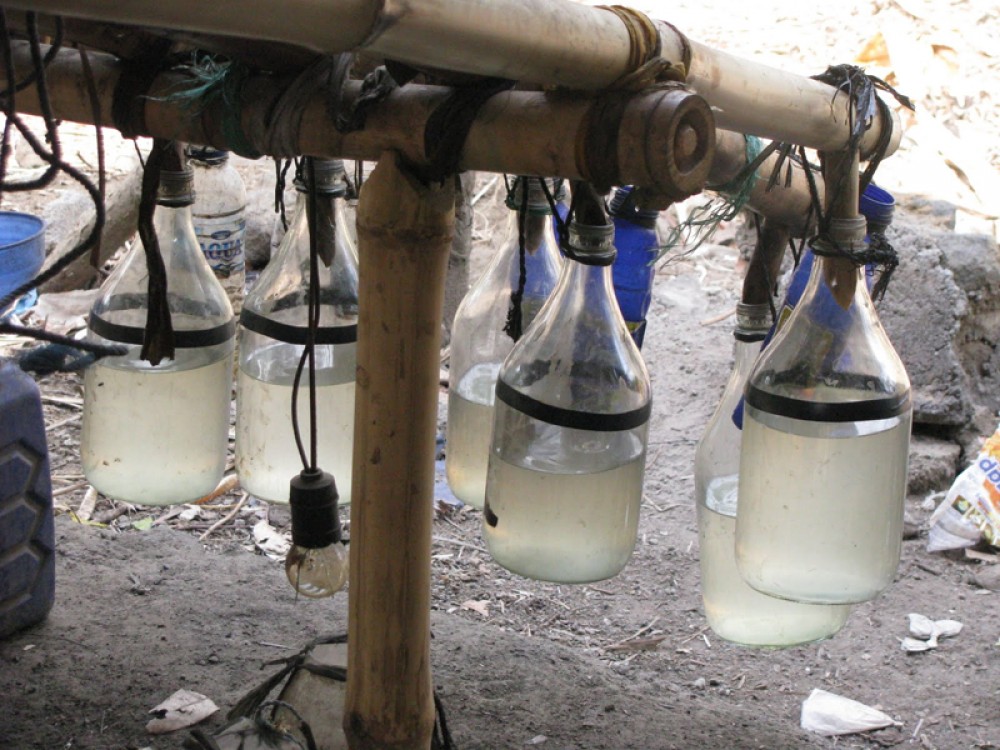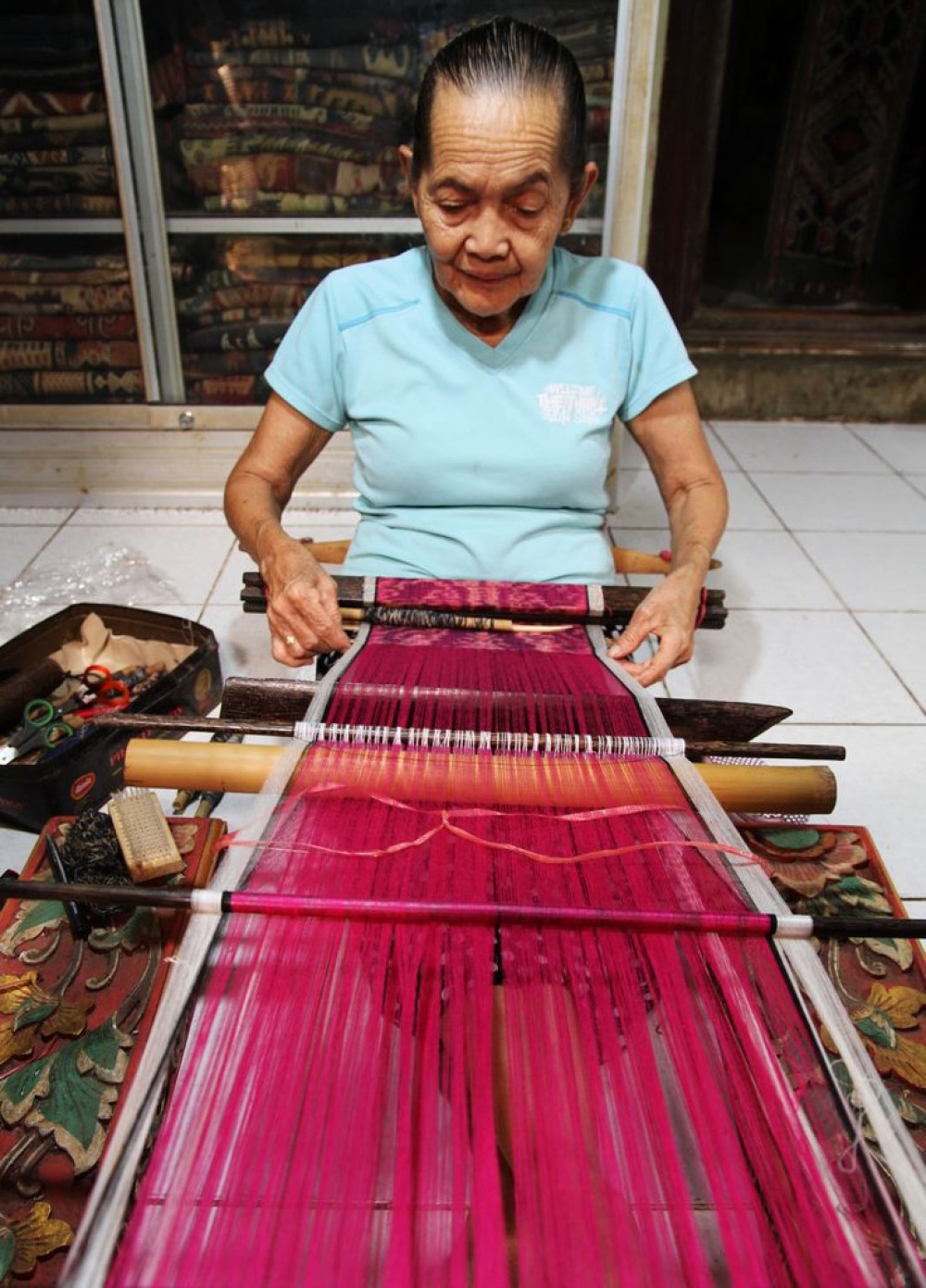People in eastern Bali have gone raised
against adverse situations and converted what little they have into something
that we all are in awe of today. The livelihood of the Balinese have given rise
to the amazing increase in tourism and placed Bali on the global map.

Eastern Bali is known for its beautiful coffee plantations too though the
Kintamani region is still considered as Bali’s
primary coffee growing region. Most of Bali’s coffee is grown by small local
farmers organized in
Subak Abian.
Subak originally became known from rice production
and is an organization where farmers within the same trade join forces and
cooperate about the technical, social and religious aspects related to farming.

Balinese soil is very favourable for growing cashew nuts,
owing to the fertility of soil. In
Ban Village,
Karangasem, the cashew growing
community has created huge employment opportunities for women in eastern Bali.
These cashews were earlier exported to India or Vietnam for processing. But now
a lot of cashew filtering and processing units are also being setup in Bali.

Arak workshops also create huge working opportunities in
eastern Bali, and
SidemenVillage is a well-known area for Arak
production. Arak is the traditional Balinese liquor that is derived from the
palm tree. Arak is clear and colourless, high in alcohol and has a very sharp,
biting taste.

Bali is renowned world-wide for its unique and intricate
textiles. The Balinese women are considered to be the guardians of the secret
knowledge of textiles, and like the ingredients for certain dyes and a rich
compendium of sacred motifs. Bali’s rarest textile can be found in the village
of Tenganan, known for its sophisticated weavings.
Read more on
https://nowbali.co.id